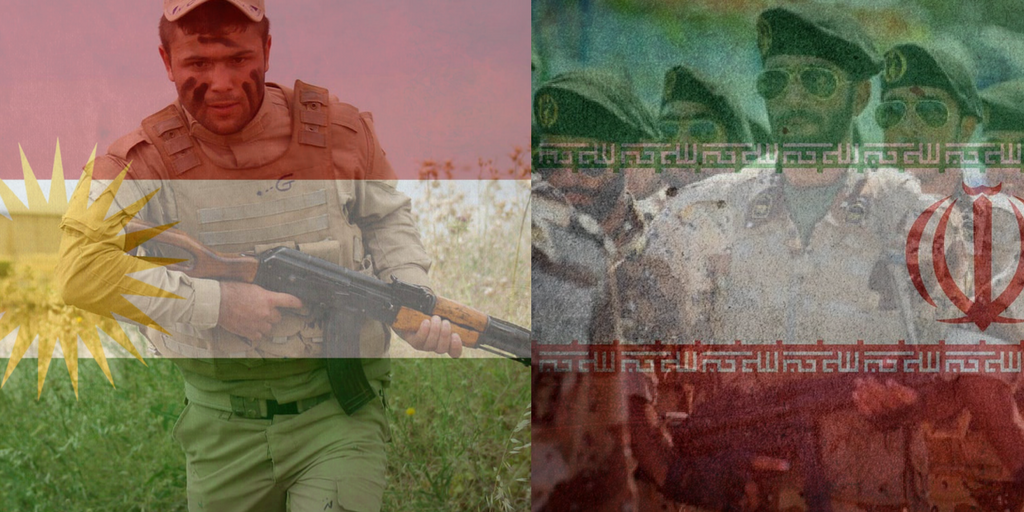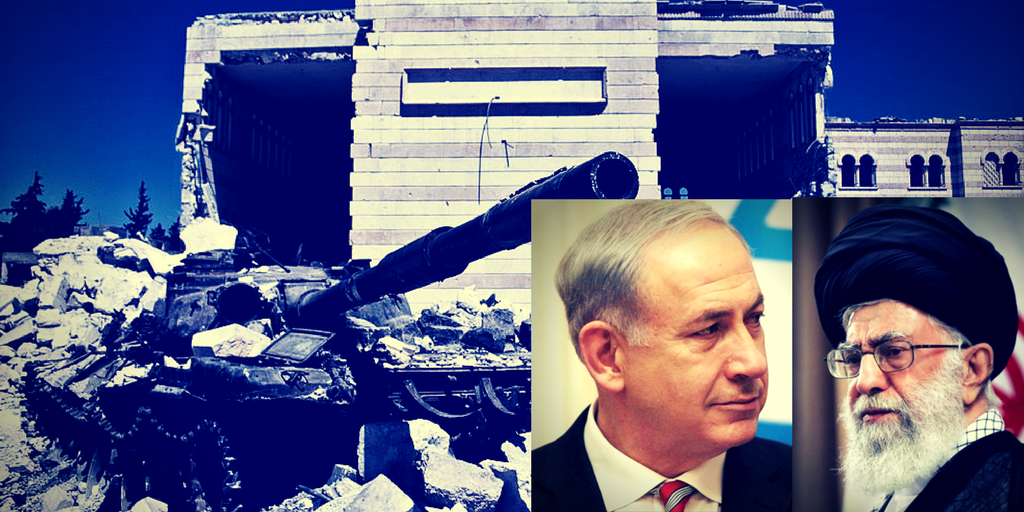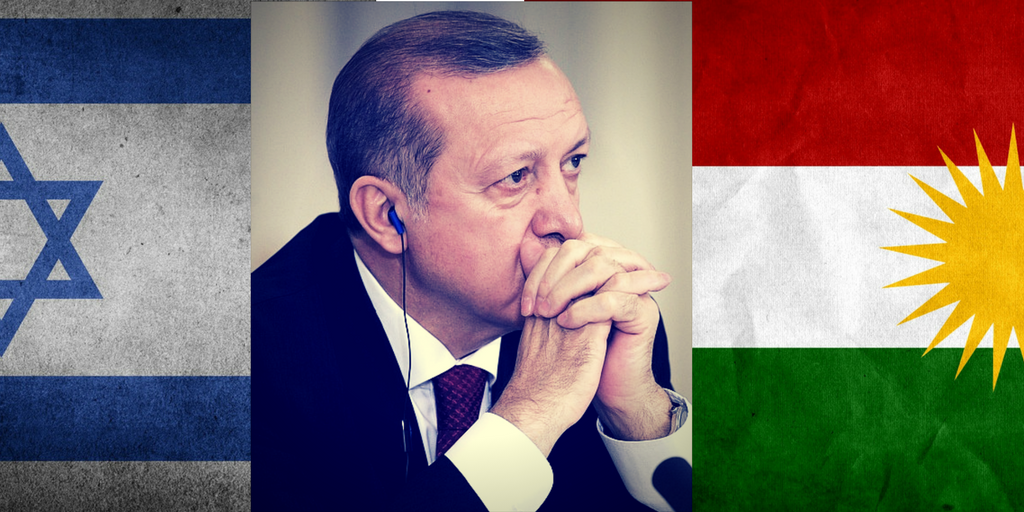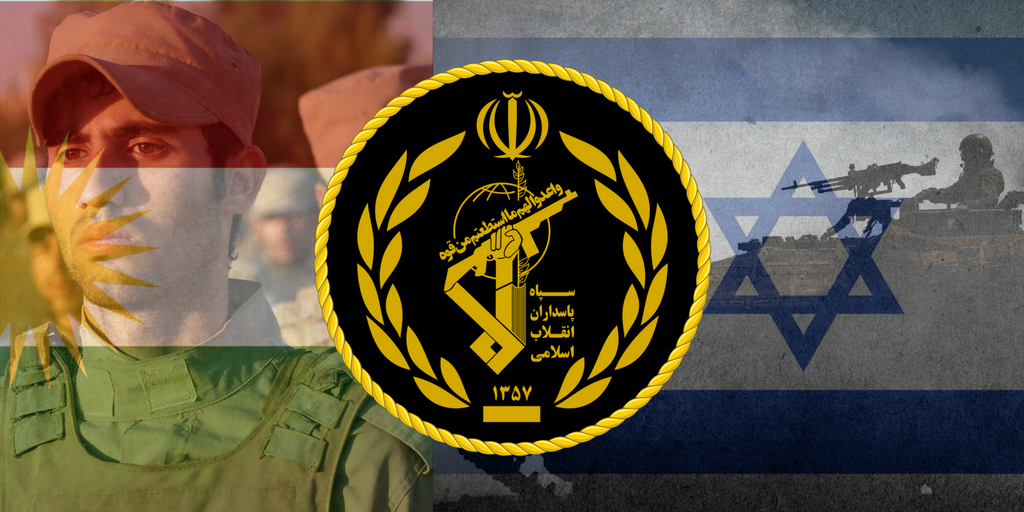Since President Donald Trump’s famous Iran policy speech, Iran has been on the move, in a sense testing how serious the USA was in stopping their forward march. They have used the Iraqi military, the USA has financed and trained to occupy Kirkuk and as of this morning crossed over into territory enshrined as Iraqi Kurdistan by even the most ardent Iraqi constitutionalists.
With all of the Kurdish infighting aside, the Kurds are still both America’s and Israel’s most reliable partner in the Middle East and they are the last force capable of blocking an Iranian advance. The Iraqi military and the Iranian backed PMU have been unlawfully using American weapons against the Kurds. Of course, this has caught the ire of the US Congress who has become vocal in its urging of the White House to come to the aid of the Kurds before it is too late.
The failure to stop Iran now will not only hand the region over to the Iranian Mullahs, it will spell the end of American dominance at a global level. Afterall, if Israel and the Kurds, as well as the Saudis sense that the USA can no longer be counted on to ensure stability in the region, there are others that may be able to.
This is why Israel, Saudi Arabia, and parts of the Kurdish leadership are now in deep discussions with Putin and his military leadership. While this may be a ploy to force the USA to act, it appears to be a recognition of the new reality on the ground. The only question to the three countries listed above, what will they have to pay to the Russian Bear to ensure it tightens the leash on Iran?







